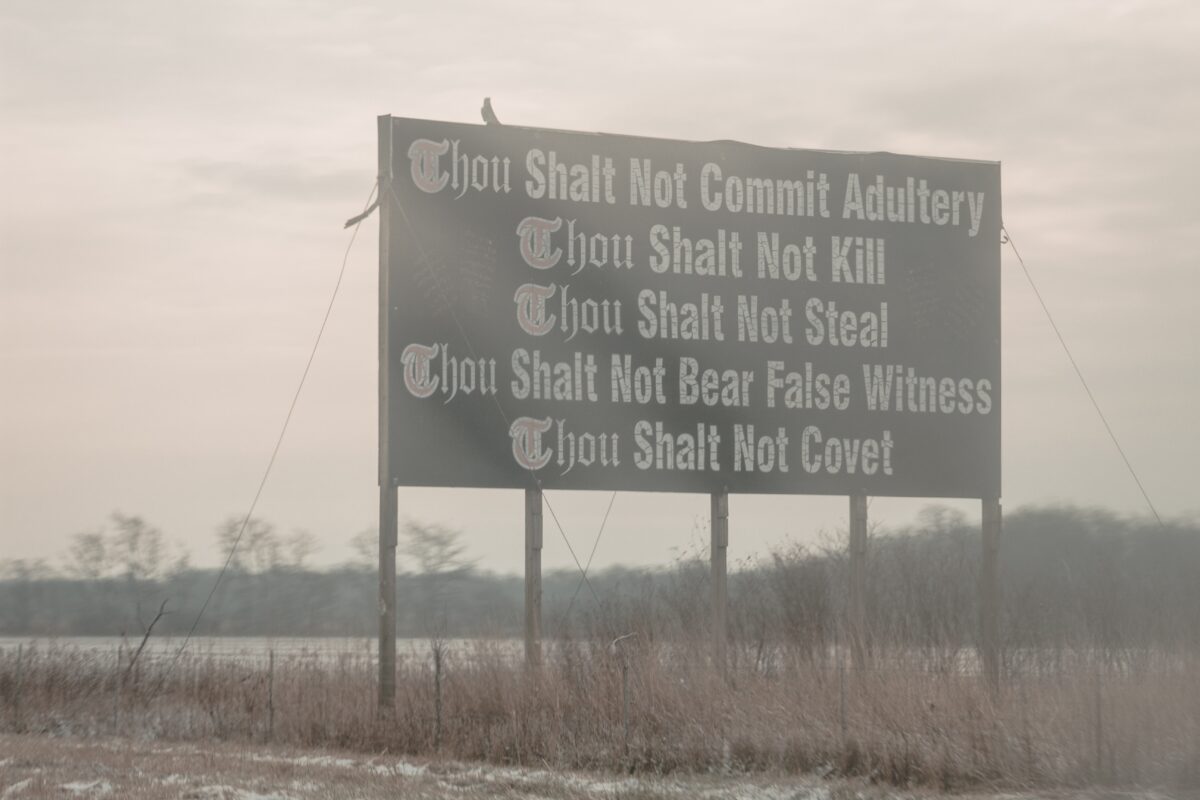No You Can’t!

Well, it turns out that Charlie, my 15-month old grandson, loves his rocking alpaca! (I just returned from a trip to Milwaukee where Charlie and his parents live.) Do you know what a rocking alpaca is? Well, it’s just like those old-fashioned rocking horses that children used to play on, but this is an alpaca not a horse, and it’s what I gave Charlie for Christmas. Apparently it’s not old fashion and out-of-date because it was on Amazon and quite popular! The rocking alpaca is soft and furry and has a Peruvian looking cloth saddle. It’s really quite adorable – just like Charlie – and he loves to rock on it – back and forth, back and forth.
But what he likes to do even more than rock back and forth is to see if he can stand up on it while rocking back and forth without getting caught! But no, grandpa has a close eye on him every moment and when he tries to stand up, grandpa – in a stern voice – says. “No, Charlie. Sit down!” That’s the rule he’s got to follow if he’s going to play on his rocking alpaca. (Mind you, his parents made up the rule. Not grandpa…so I’ve got to follow it!)
So…as we hear over and over again in the gospel text for today, “You have heard it said…but I say to you.” Charlie, you have heard it said that there is a rule that you cannot stand up on your rocking alpaca, but I say to you – as your grandpa – I will catch you if you fall while you are sitting or while you are standing. I will keep you safe. I will do my best to keep you from harm, not matter what you do. The rule is important, but if you break the rule, I’m still not going to let you fall. If you break the rule I’m going to value your safety even more than the rule itself. You can trust me, Charlie, to catch you…and so Jesus teaches us this morning…
“You have heard it said – that the 10 commandments are important.” After all they are meant not only to keep you safe, but they are meant to help you thrive. But I say to you – this is Jesus speaking know – I say to you the well-being of your neighbor is even more valuable than a specific rule or commandment.
“You shall not murder.” You shall not kill. That’s one of the ten commandments. It’s also one of our laws. It’s against the law to kill someone. Here in Easton last week there was a police shooting that allegedly resulted in the death of an Easton woman. “You have heard it said, “You shall not murder.” We know the commandment. But I say to you (Jesus says to us). Take the next step. Do what needs to be done to protect and serve. So police departments create policies and procedures that are put into place for the good of the whole community and for the protection of those in danger. It’s as if God is saying, “I gave you this commandment – thou shalt not kill.” But I also trust you to make wise decisions that benefit all people and protect those who need protecting. I trust you to use all your resources to provide comfort and support for all traumatized by a police shooting.
Yes. We have the God-given commandments to follow in order to live together, prosper and care for one another, but then Jesus comes along – not to dismiss the commandments, not to diminish the commandments. Rather Jesus has a laser-like focus on the relationships involved – relationships that Jesus insists are based on trust and care and promise and hope and benevolence especially to the neighbor. That’s why the investigation that is taking place after the police shooting is critical – because that investigation is based on trust and care and concern for what happened to everyone in that difficult situation.
Let me try to illustrate what Jesus is getting at with another real-life and timely example. Recently a mother of a third grader let me know that her child who has been known as girl now prefers to be referred to with different pronouns other than she, her and hers. Instead her child now identifies herself as non-binary (in other words – neither specifically male or female) and prefers the pronouns they, them theirs. And in my eagerness to be affirming and supportive, I immediately exclaimed, “Good for HER!” The child’s mother gently corrected me, “Good for them” she said, and I quickly realized my mistake.
It’s an old, old rule – isn’t it? That there are two genders – male and female – that’s the way it’s always been. We even read in the book of Genesis that God made male and female. And there we go again…just like in our gospel text. “You have heard it said” that there are two genders, male and female. “But I say to you…”
What would Jesus say? What is Jesus getting at in today’s difficult gospel text? I believe Jesus is laser-focused on what’s most important and that is the relationship, and if someone identifies differently then let’s consider the person first – not what we think of as the rule. Let’s see the human being first. Let’s listen and learn and get to know the person. Let’s figure out how to be supportive and affirming as we open our own minds to different.
In fact, Jesus is so adamant about this that in our gospel text he reveals his passion – his obsession in how we treat one another going so far as to say it’s worthy of even giving up a body part – to accept and love one another.
In that third graders own words – their own words! “I appreciate when someone accepts and doesn’t argue with me about my experiences and my gender, because it is one thing to not know and it is another thing to not believe. When it comes to gender, the word ‘should’ should not exist. I know that God accepts and loves all God’s children, and all God’s children deserve to express themselves freely.”
That’s the bottom line. That’s Jesus saying, “but I say to you…” Jesus died on the cross not so we would get the rules right. Jesus knows we sometimes don’t get them right. Jesus died on the cross so that we would be set free from what keeps us from loving one another – that is our own limitations, our own fears, our own prejudices, our own set of rules that have us boxed in and distant from one another.
Before I wrap it up today, I need to say (as a divorced man) a few words about the very troubling aspects of this difficult gospel text for this morning – especially when it comes to adultery and marriage and divorce. First let it be said and let it be acknowledged that it if safe to assume that these texts were written by men in a particular cultural context, and the fact that these verses specifically about women and men and lust and divorce and temptation are written by men makes a difference. It matters that men wrote these words. I wonder how these words would be different had they been written by women. I wonder how they would be different in the context of the “me-too” movement.
And let it be said, that it matters that the very human Jesus is revealed here as well. In fact, back in the time these verses were written there was a raging debate going on about divorce (kind of like today’s raging debate in our country over abortion) among the leading rabbis and teachers – one of whom was Jesus – himself a rabbi. One side of the debate were rabbis and leaders who were more open and accepting about divorce and non-judgmental to divorced men and women. Those teachers never would have said some of the things that we hear in today’s gospel.
On the other side of the raging debate about divorce were rabbis and teachers who were less permissive, much stricter, more conservative and frankly down-right judgmental about those who were divorced. And at the time, it seems Jesus expressed in his own words the various sides of that debate. But, I must say, it is important to remember Jesus’ humanity, his role as rabbi, and his ultimate insistence upon trust and compassion within the human community.
I came across a story written by a Biblical commentator name David Lose who shared this: “
Some years ago, a colleague shared with me a story that captures for me how the law – including the laws contained in today’s readings – reveal the parental heart of a God who wants nothing more than the health and happiness of God’s children. My friend, Frank, was about eight years old at the time, when he started arguing with his sister. Before long, arguing turned to pushing and shoving, and, soon enough, Frank had his younger sister pinned to the ground with his fist raised in the air. At that moment, his mother came into the room and told him to stop it. In response, Frank – as he described – reared up as only an eight-year-old can and declared, fist still raised in the air, “She’s my sister. I can do anything I want to her.” At this point, Frank’s mom swooped across the room, towered over him, and said, “She’s my daughter – no you can’t!”
God, like a fiercely protective mother, swoops in at the right moment with boundaries to keep us safe, with the law, the 10 commandments, with the rules and says, “No you can’t hurt one another.” And then on the cross, Jesus pleads with God’s children. When you do break the rules, when you do hurt one another, look at my broken body on the cross and then look at the empty tomb and you will know, nothing you do will stop my love for you. Nothing you do will stop me from forgiving you. Nothing you do will stop me from giving you the gift of new life.
Now, with that gift comes the question: how are we going to live in together? Amen.

